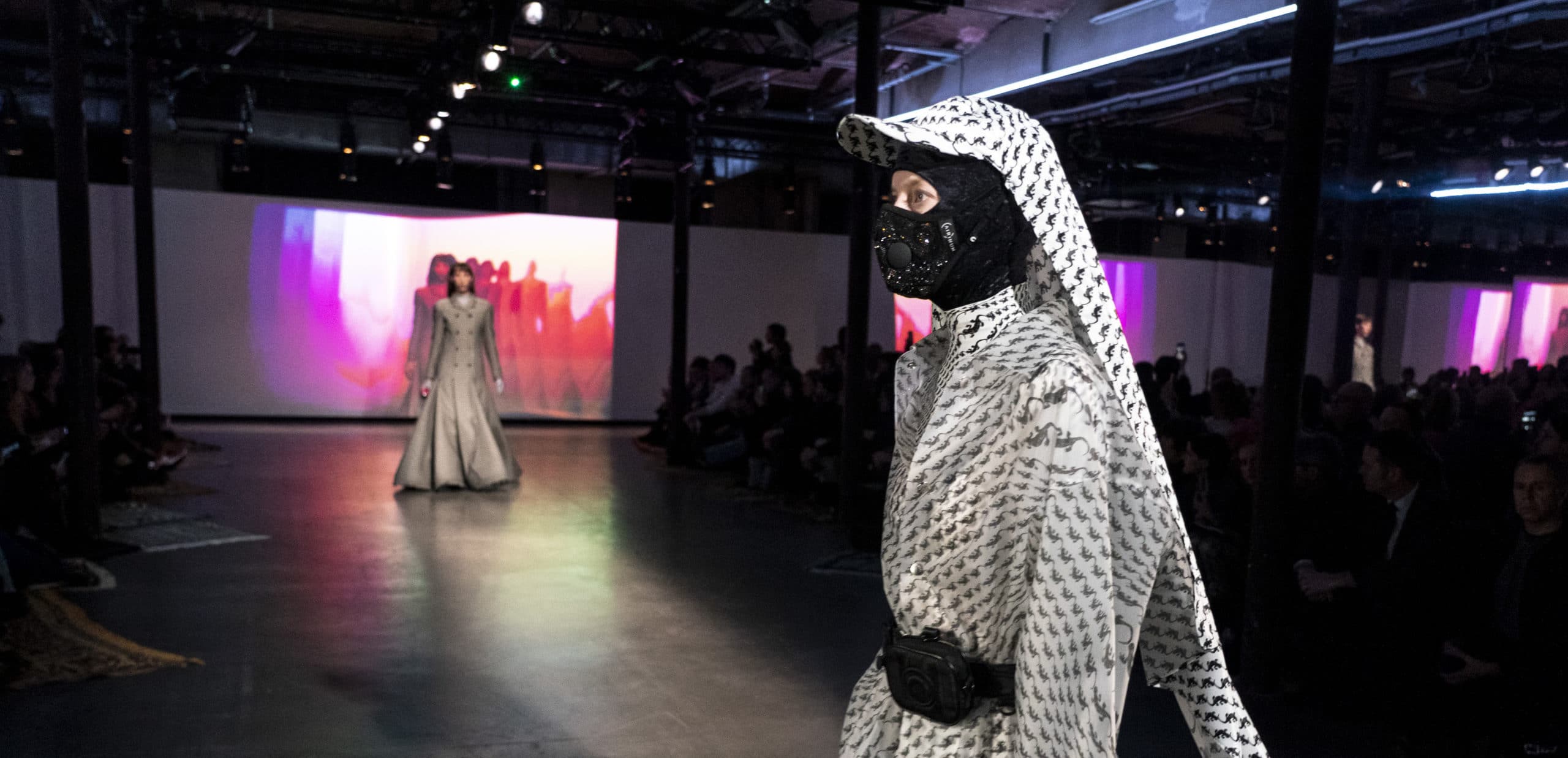There’s no disputing the fact that the outbreak of the COVID-19 (Coronavirus) outbreak with China as the known source has negatively affected the Chinese fashion industry.
Since the turn of the year 2020, the chinese fashion has been put on pressure all in the fear of the coronavirus. As a preventive measures, we’ve seen several fashion shows ending abruptly or outrightly canceled, setbacks on sales, branding and promotions greeted with mixed feelings, while some stores actually went on to close down.
It is well known that China is one of the world’s major fashion destination for business, but the outbreak of the COVID-19 dealt a huge blow on the country.
These setbacks and restrictions extended to the Chinese supermodels, fashion bloggers, key opinion leaders, celebrities and fashion designers as their plans to attend the world’s major fashion weeks in Milan, London, Paris and New York are being forfieted, majorly for the purpose of controling the spread of the epidemic. Flora Zhang, a brand marketing director commented: “For one reason it is to control the spread of the epidemic, and for another, the media exposure of celebrities and luxury brands in this situation is unfavorable to their images,” said Flora Zhang, a brand marketing director. “It would be awkward to get their names running with the news of the country’s effort to fight the disease, which goes against mainstream values and will cause much social criticism.”

The coronavirus epidemic also caused major fashion shows and brands from various parts of the world some setbacks too. LVHM, Kering, Hermes and Richemont reportedly lost more than 35 billion Euros (US$39 billion) in the past week. Ralph Lauren released an update on the cancelation of its fashion show scheduled for April, and Prada postposed its show in Tokyo. Various fashion weeks in Seoul and Tokyo have been canceled and Baselworld watchmaking and jewelry show refixed for next year.
One of the most important days for the Chinese fashion market is the Chinese New Year in which the “golden holiday sales are generally tripled”, but this year recorded only 10 percent of the expected sales.
Japanese fast fashion brand Uniqlo closed 130 outlets in China.
Levi, who just completed its largest Chinese mainland flagship store in Wuhan (the capital of central China’s Hubei Province and the epicenter of the coronavirus outbreak) shut down half its stores.
However with all the setbacks caused by the epidemic, the Chinese fashion industry had a surprising recovery.
Hangzhou Tower, in the capital of east China’s Zhejiang Province, scooped 10 million yuan (US$1.4 million) in sales in five hours after the shopping plaza resumed business on February 20.
L’Oreal’s online sales of make-up and skincare products in China last month were stronger than that in the same period of last year, the brand’s CEO Jean-Paul Agon revealed, adding that it’s seeking further cooperation with online marketplaces like Alibaba and JD.com to make up for the offline sales.
Shanghai Fashion Week was initially postponed, but it will be moved online with the cooperation of Alibaba Group, which owns the world’s largest online shopping platform.
It will be a seven-day online mega-show from March 24 to 30, with more than 100 fashion houses displaying and selling their new collections in Tmall’s various live stream virtual shopping rooms. It means fashionistas won’t miss out on the coming season’s latest trends. They can interact with the hosts online and directly place their orders.
“It’s a brand-new exploration for fashion designers and traders. It’s also a watershed moment for the future of the industry,” said the Shanghai Fashion Week Committee.
As new coronavirus cases are being confirmed around the world, big brands such as Gucci, Giorgio Armani, Christian Dior, Lanvin, Moschino, Tod’s, Versace and MSGM have turned to the Internet to release their fall/winter collections.
The British Fashion Council has opened up an online platform for Chinese buyers and the media, so they can get first-hand news, photos and videos of London Fashion Week.

Meanwhile, Milan Fashion Week’s organizers opened a Sina Weibo account to interact with Chinese followers and provide updates on the stage and behind the scenes.
French luxury brand Lanvin also got into the act online, linking up with iQiyi, a Chinese online video platform, to live-stream its fashion show with virtual reality technology.
It’s undoubtedly a new challenge to the fashion industry, which previously dismissed the online platform to promote their shows, but it’s making them adapt and reinvent themselves. Lookbooks can be accessed on the Internet and through WeChat, but they are just for eyes to see, not for hands to touch.
The online shows are sure to generate massive Internet crowds and exposure. Buyers may be a bit more conservative in placing orders at first, but it’s a step forward to get the fashion industry wheel turning in the current virus climate.

culled from SHINE
